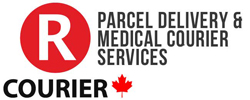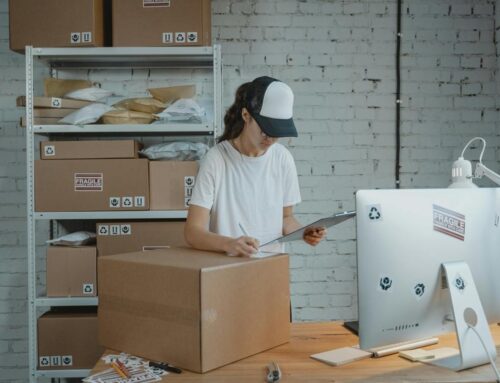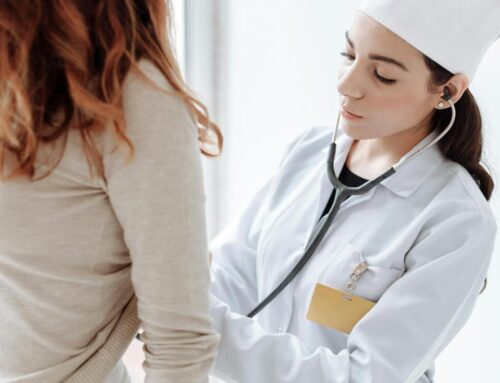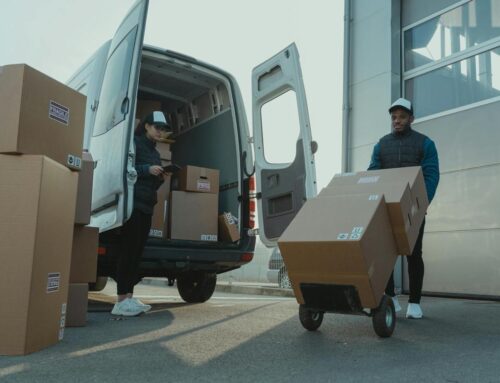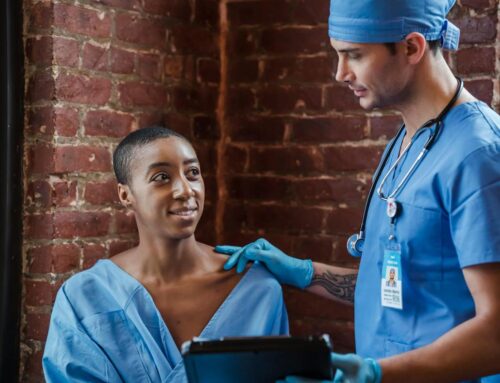In recent years, debates have been circulating as to how hospitals might be improved holistically. In these conversations, we see that there are so many reasons why hospitals must, to the best of their abilities, become tech-savvy propagators of all things efficient and hygienic. It is, no doubt, not just for the sake of the convenience of doctors and nurses – who work tirelessly, around the clock each and every day – but for the well-being of people with life-threatening diseases.
It’s no longer the case that a white lab coat or fresh turquoise scrubs can effectively symbolize a hospital worker on duty. Instead, what’s needed is the understanding that hospitals possess unique ecosystems of their own, in which every part has its distinct purpose. Everything from custodians and cafeteria workers, all the way to prize-winning neurosurgeons and EMS drivers play vital parts in the upkeep of hospital life – no doubt, this diversity is also heavily dependent upon medical courier services and the deliveries they make each and every day. If the crux of these operations necessarily take technology seriously, then so too should medical couriers. Here’s why R Courier is determined to use only the best equipment with which to carry out deliveries.
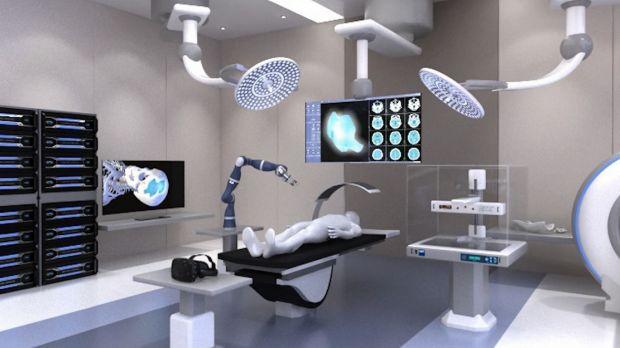
- Couriers Need To Match The Rhythms Of Each Unique Client
First and foremost, technological savviness means the ability to maintain a speedy track record. No one delivery is the same. This is as true for standard postage as it is for specialized hospital deliveries that can only be maintained with the utmost care and attention. Whereas some medical equipment may not have the most immediate expiration dates – well-refrigerated medicines will last for months and MRI machines need only careful handling – things get complicated when it comes to biological specimen.
The timeframe varies according to the specimen. In the common instance of an emergency heart transplant, the total transport time for specimen (such as one coming from out of town) can average out at around two hours and twenty-five minutes, while the actual procedure usually occurs in just over forty-five minutes. There are many variables in this example, but in any and all cases, it’s quite clear that these are rhythms that only a trained hospital courier can match, if not surpass.
These kinds of orders, in short, are almost always on the verge of spoiling; even when carefully placed on ice in a cooler, a potential transplant must meet its new host within hours – this is why R Courier drivers are careful to track your delivery and time everything perfectly using advanced GPS technologies that offer route-specific information.
- Couriers Must Constantly Innovate
It’s no doubt that all parcel delivery systems have required a number of innovations as they grew in number over the course of the 20th and 21st centuries. Never before have we seen such a demand for instantaneous parcel delivery in all walks of life – from groceries to apparel, the internet has truly changed the field for couriers and shoppers alike.
The innovation proper to parcel delivery at large ought to be extended to the particular field of hospital couriering, which is, in many respects, more urgent than the drone delivery of an Amazon package. Despite all of the innovations in package delivery, there have been few changes to the field of medical couriering, save for R Courier’s ETA Board. In tandem with our GPS tech, the ETA Board gives any and all clients in-depth information about the current state of their package, simply by logging in with user-specific information. Not only is the estimated time of arrival updated every few minutes, so too are the routes and truck status frequently refreshed.
With this kind of technology, R Courier’s certified drivers are able to undertake – with confidence – what would otherwise be a stressful job for the average delivery driver; both you and your driver can easily access these advanced inventory systems at any given time. With this in mind, you can call us today for amazing services and a fast, simple introduction to the world of high-tech medical couriering.

